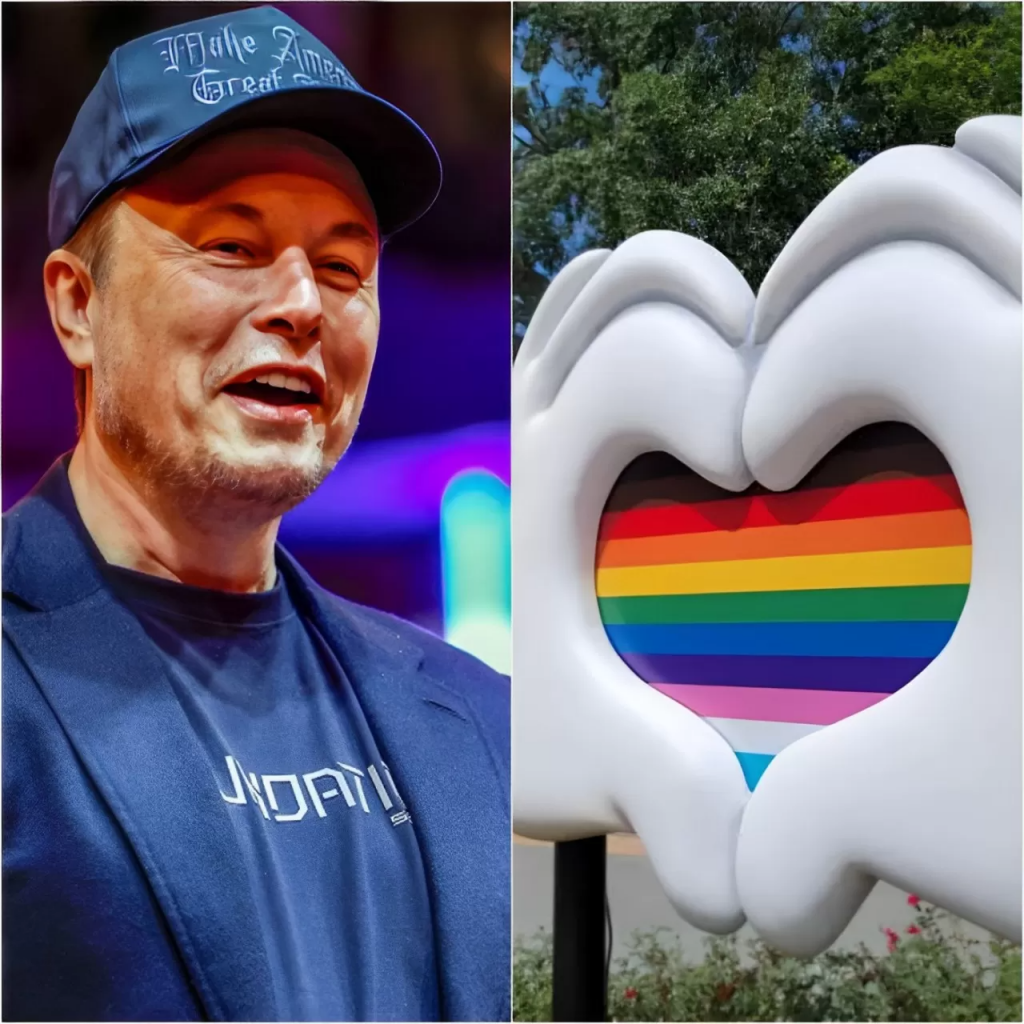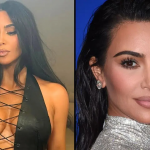Elon Musk’s recent decision to ban Disney’s Pride-related content from his social media platform, X, has sparked controversy and ignited discussions about the intersection of children’s programming, media influence, and social values.
Musk has made it clear that he believes children should not be exposed to “woke” messaging, particularly regarding gender identity and LGBTQ+ issues.
He argues that these themes are “inappropriate for children” and should be carefully curated in spaces they engage with, which serves as the basis for his decision to restrict Disney’s Pride content on X.

Musk’s increasing concerns about what he perceives as “woke” messaging in media directed at younger audiences are underscored by this latest move.
He has repeatedly expressed dissatisfaction with businesses, particularly in the entertainment industry, incorporating social justice themes or content that promotes diversity and inclusivity, labeling these initiatives as “woke” and unsuitable for children.
Musk argues that platforms like X should ensure the messaging is aligned with “traditional” or “neutral” values for younger viewers, adding that parents should have greater control over the type of content their children are exposed to.

However, many argue that this decision goes too far and could limit positive representation for underrepresented groups, particularly given Disney’s influence and reach.
Disney has long been committed to diversity and inclusivity, creating stories with Pride themes and LGBTQ+ characters that help normalize these identities in mainstream media.
Supporters of this approach believe that early exposure to a variety of identities in media fosters empathy, understanding, and inclusivity in children.
They argue that LGBTQ+ youth, who may not see their experiences reflected in other areas of their lives, stand to benefit significantly from such representation.

Musk’s critics also emphasize that restricting access to certain content labeled as “woke” could have significant negative consequences.
Some argue that limiting specific identities or storylines effectively stigmatizes the very people Pride content seeks to represent, sending a message of exclusion rather than acceptance.
These critics call for a more nuanced approach—one that respects parental choices while still ensuring representation for underrepresented groups in the media.

Proponents of Musk’s position argue that children’s media should avoid promoting politicized content and instead focus on traditional values.
They believe that entertainment for younger audiences should prioritize universal qualities like kindness, honesty, and courage, rather than delving into topics that may be considered too mature or controversial.
From this perspective, once children are older and better equipped to critically engage with diverse viewpoints, they should have the freedom to form their own opinions on complex issues.
These supporters contend that “woke” themes could unintentionally introduce ideas that children are not yet ready to understand or evaluate properly.
Musk’s decision has placed X at the center of a larger cultural debate as discussions about representation and children’s programming continue.
It remains uncertain how Disney and other content creators will respond to these restrictions and how Musk’s social views will shape the future of his platforms.
The ongoing tension between representation, parental control, and platform regulation is likely to remain a contentious issue as social media plays an increasingly influential role in the content young audiences are exposed to.





